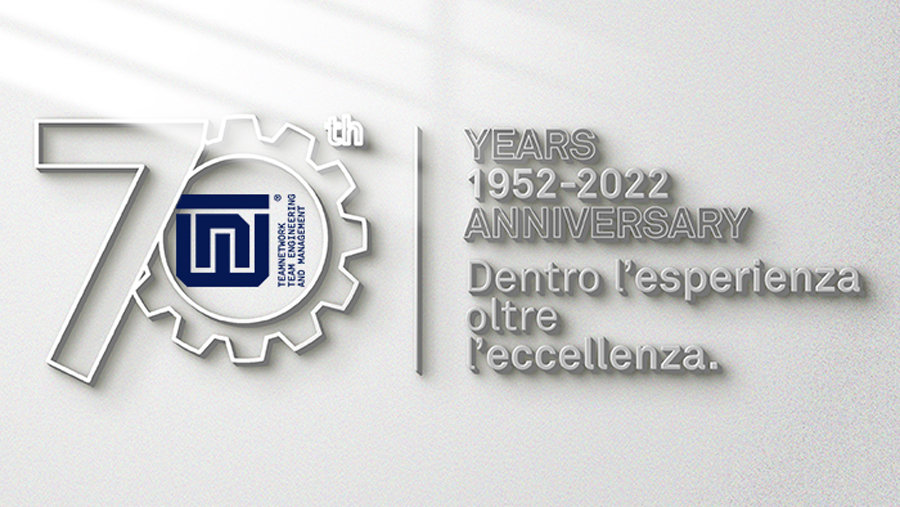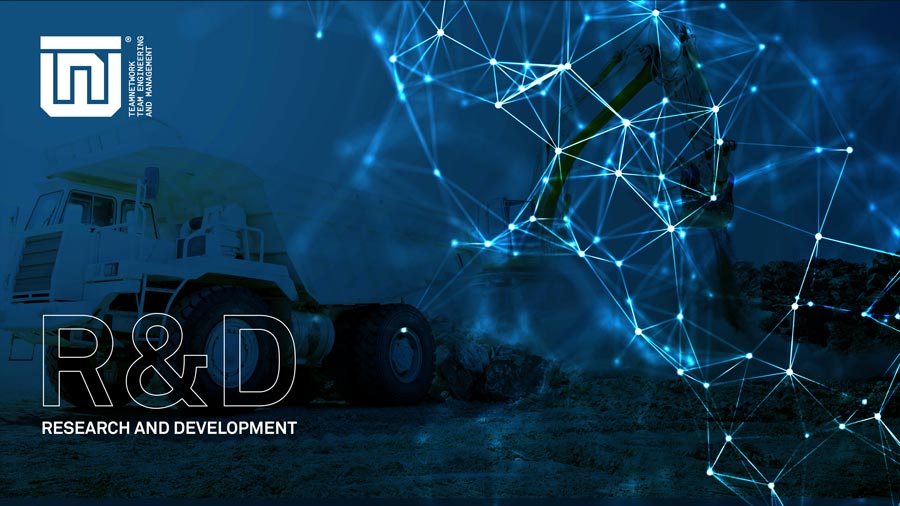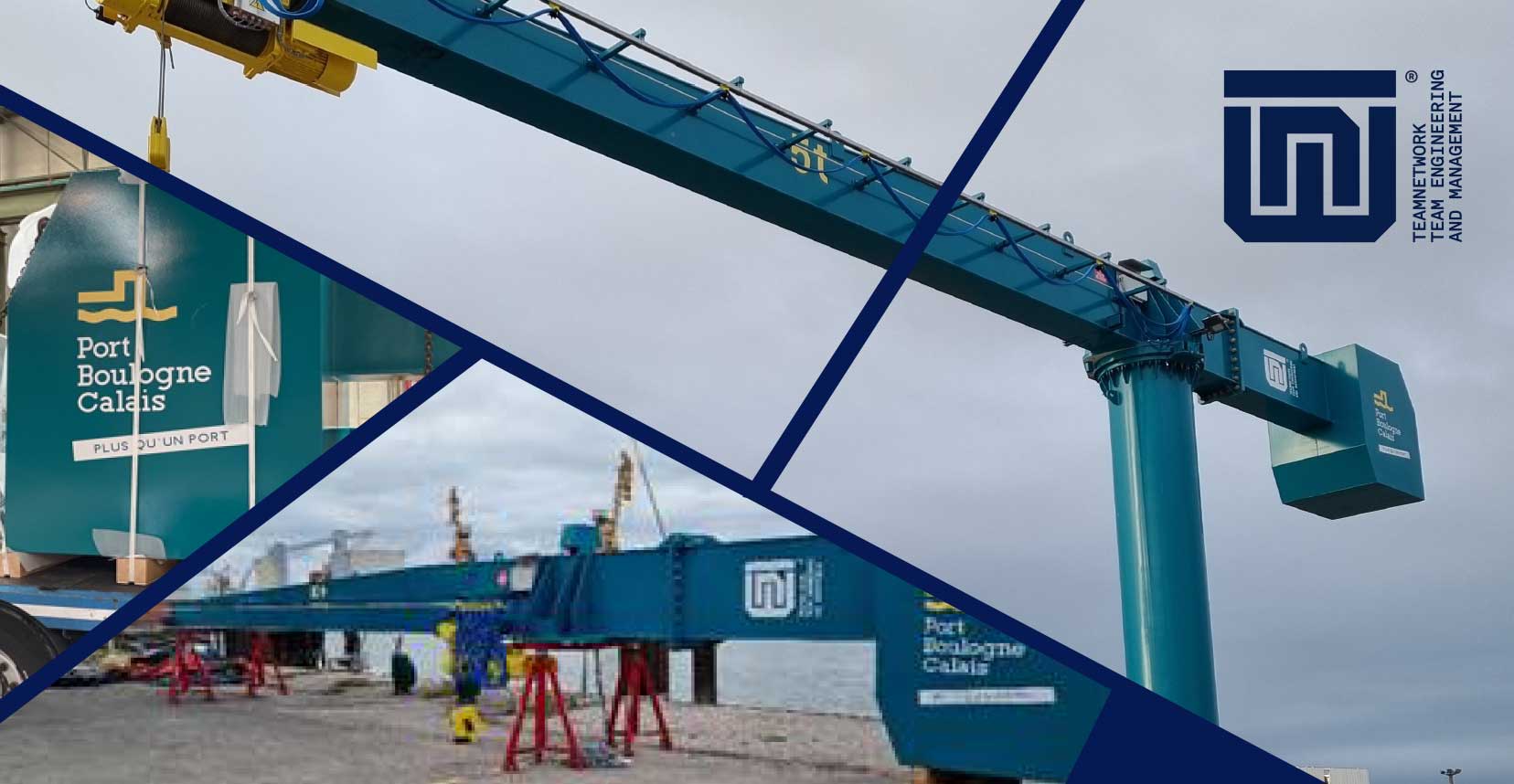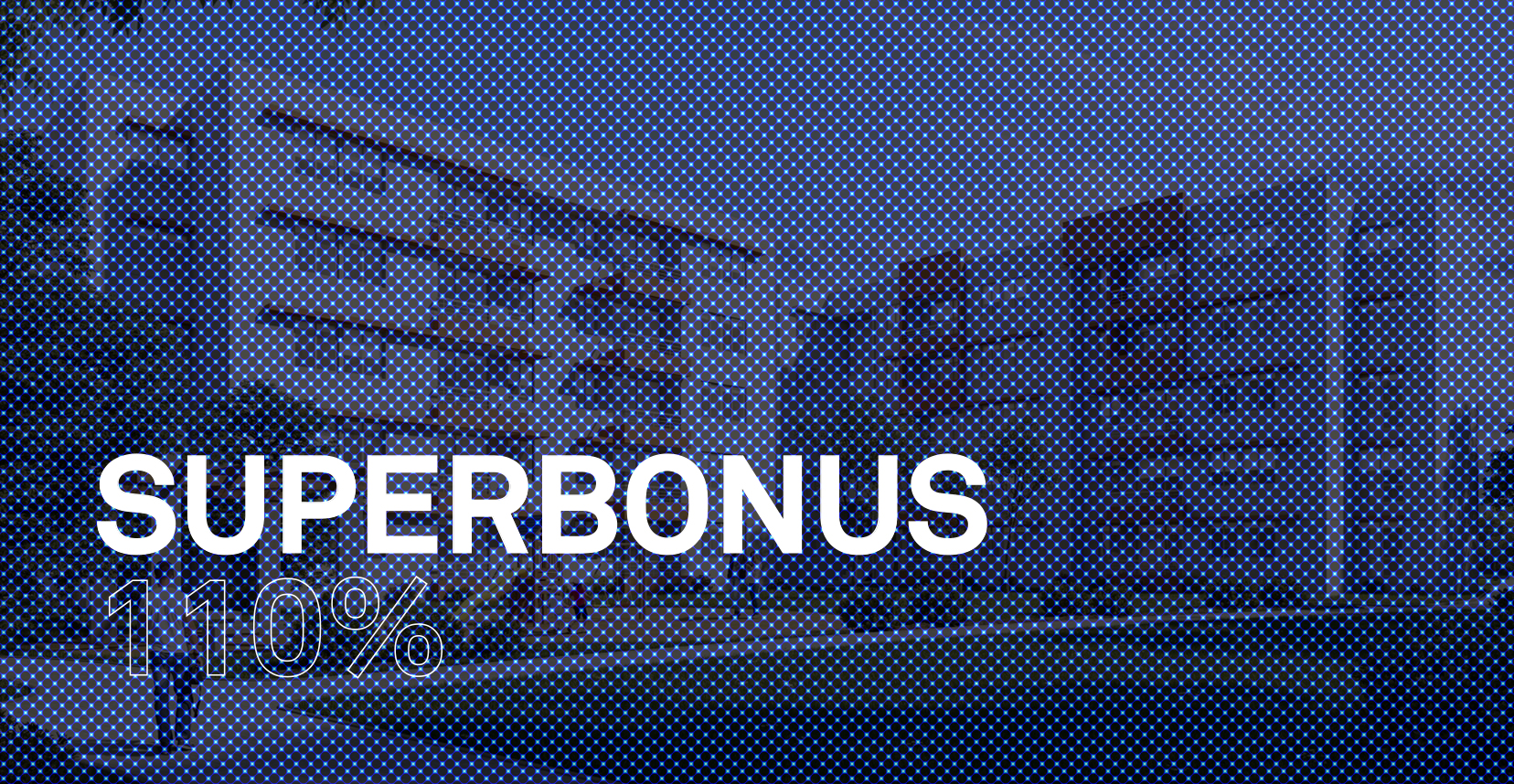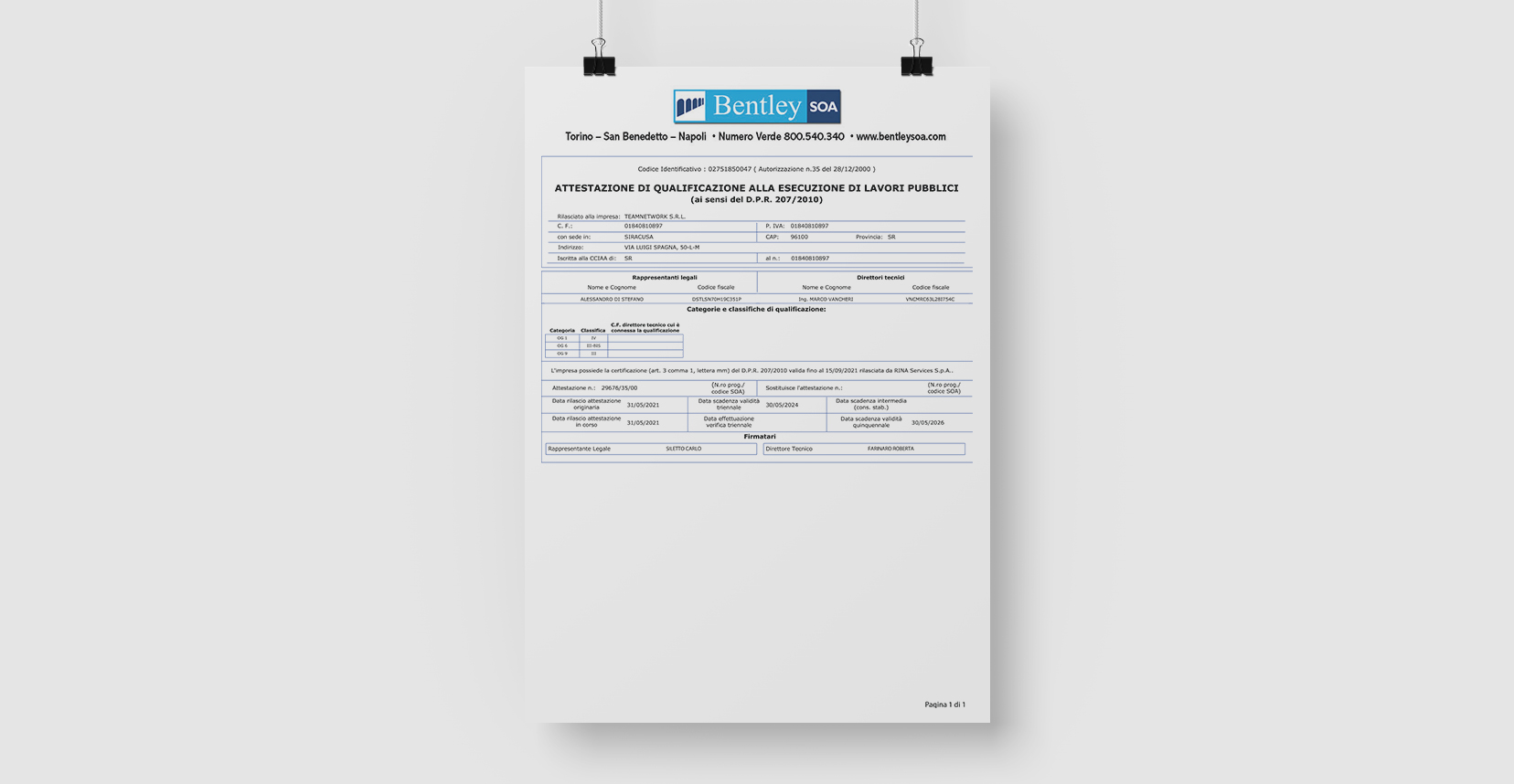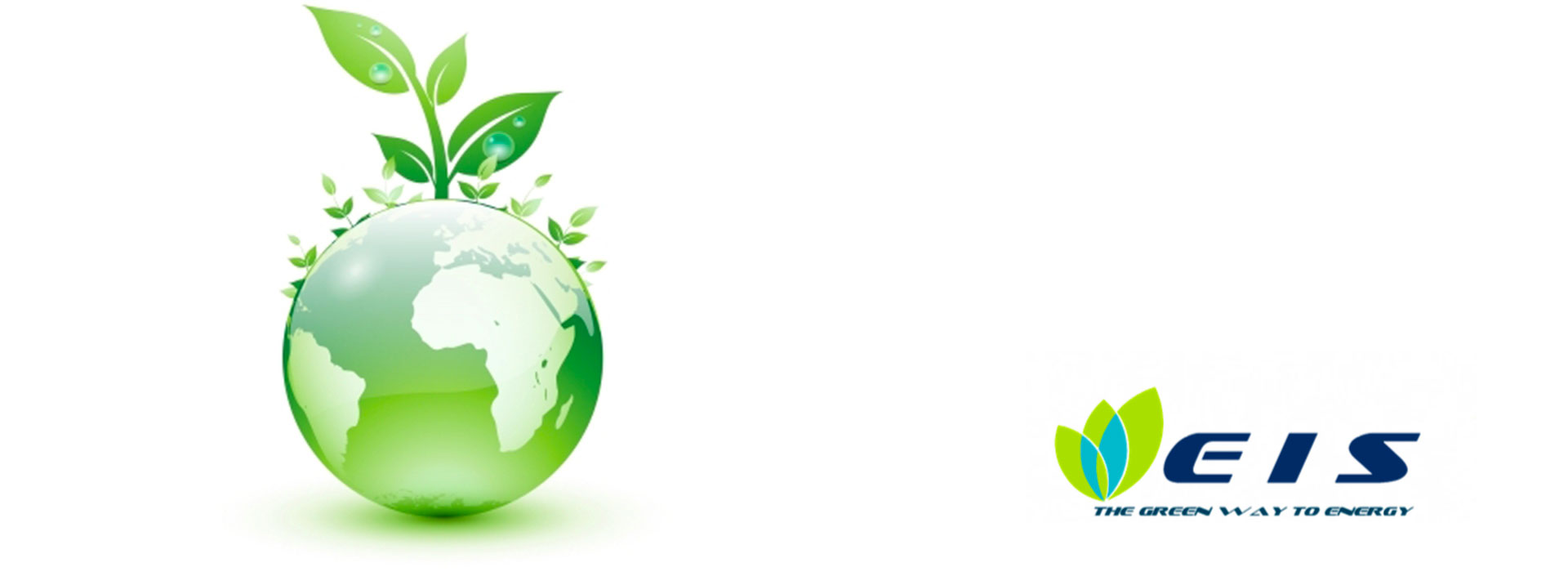
The first issue is based on the offer to clients of solutions able to meeting at the maximum level their specific needs. EIS, together with other industries belonging to the Group, performs energy diagnosis, feasibility studies, implementation projects and takes care of the proposed projects from implementation to management and maintenance. Teamnetwork Energia and EIS specifically provide clients with their experience in Energy Performance Contracting (EPC) models. Such models are able to determine a defined level of performance in terms of energy or economic savings in comparison with the existing situation.
The second issue is the capability of assessing with precision the risks associated with the project facilitating the participation of third parties in financing. The advantages for the client in participating in a comprehensive scheme of Energy Performance Contracting are:
- The minimization of the financial risks and of those associated with the performance of the plant
- The possibility of investment implementation also in absence of financial resources owned by the client.
Areas of intervention
Teamnetwork Energia, through EIS, performs plants engineering and construction for heat generation and distribution, heat and electric cogeneration, trigeneration plants and air conditioning. Of great importance are the projects for energy savings in the industrial field also considering the outsourcing, and in the air conditioning of house buildings. Specifically EIS, in synergy with the other companies of Teamnetwork Energia, has the expertise for providing to clients the following services:
- Energy diagnosis aiming at reducing energy consumptions
- Analysis of the current contract for energy supply in order to optimize it and reduce costs
- Legal check up on the current energy contract and implementation of the needed updating
- Feasibility studies with technical economic analysis and development of the most appropriate solution
- Preliminary and final design with technical specifications
- Implementation of the intervention, with purchasing of the necessary units, construction, start up and final testing
- Analysis of financing, and its relation with the related cost savings
- Optimization of management plant
- Purchasing and delivery of fuels and electric power for the operations, preventive and corrective maintenance, both ordinary and extraordinary
- Monitoring and verification of results
- Contract guarantee on the risks associated with the construction and management of the plants.
Information on cogeneration
Cogeneration means the production of different forms of energy starting from a unique source. A cogeneration plant
may provide electric power for the owner and/or to be sold to the national grid; in addition the integrated system is designed for recuperating thermal energy to be used for.
generating electrical power or to be used for central heating.
A trigeneration plant is also capable of producing cold for the refrigeration industry.
Cogeneration is considered a highly efficient technology, because it allows to produce from the primary source of energy both electric power and heath. For this reason the European Council has included cogeneration among the tools designed to reach the targets of the Kyoto Protocol and has issued the 2004/8 directive on its diffusion and promotion in the European Community. The directive has been included in the Italian law decree February 8, 2007 n. 20

